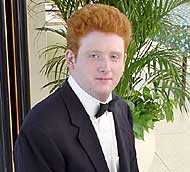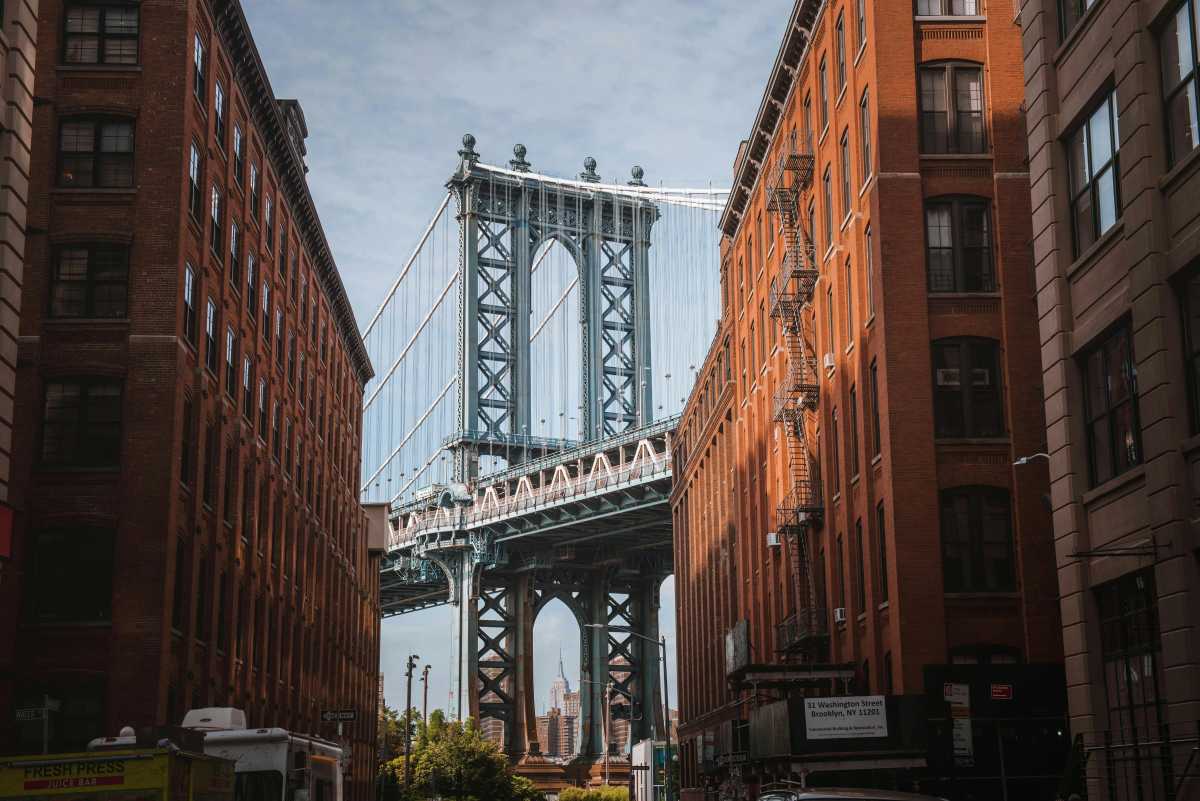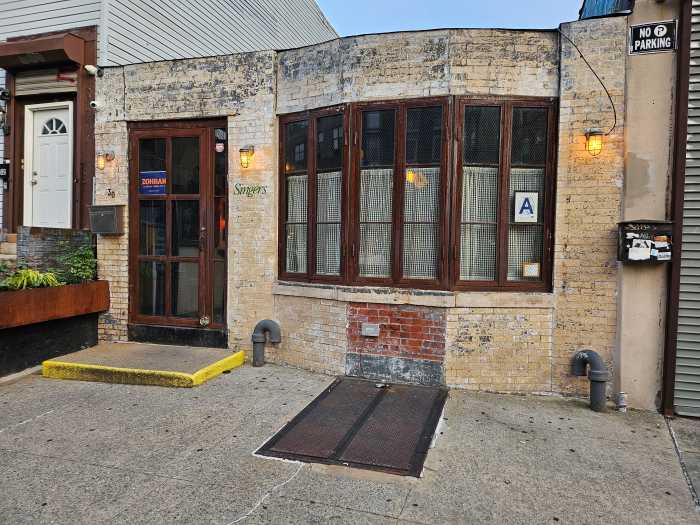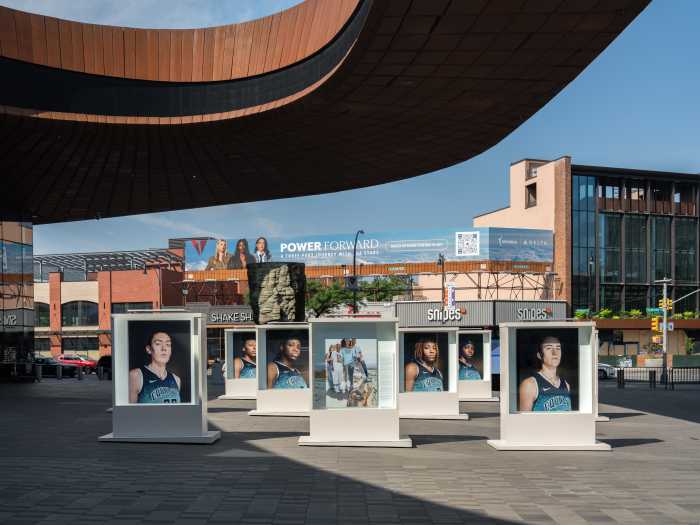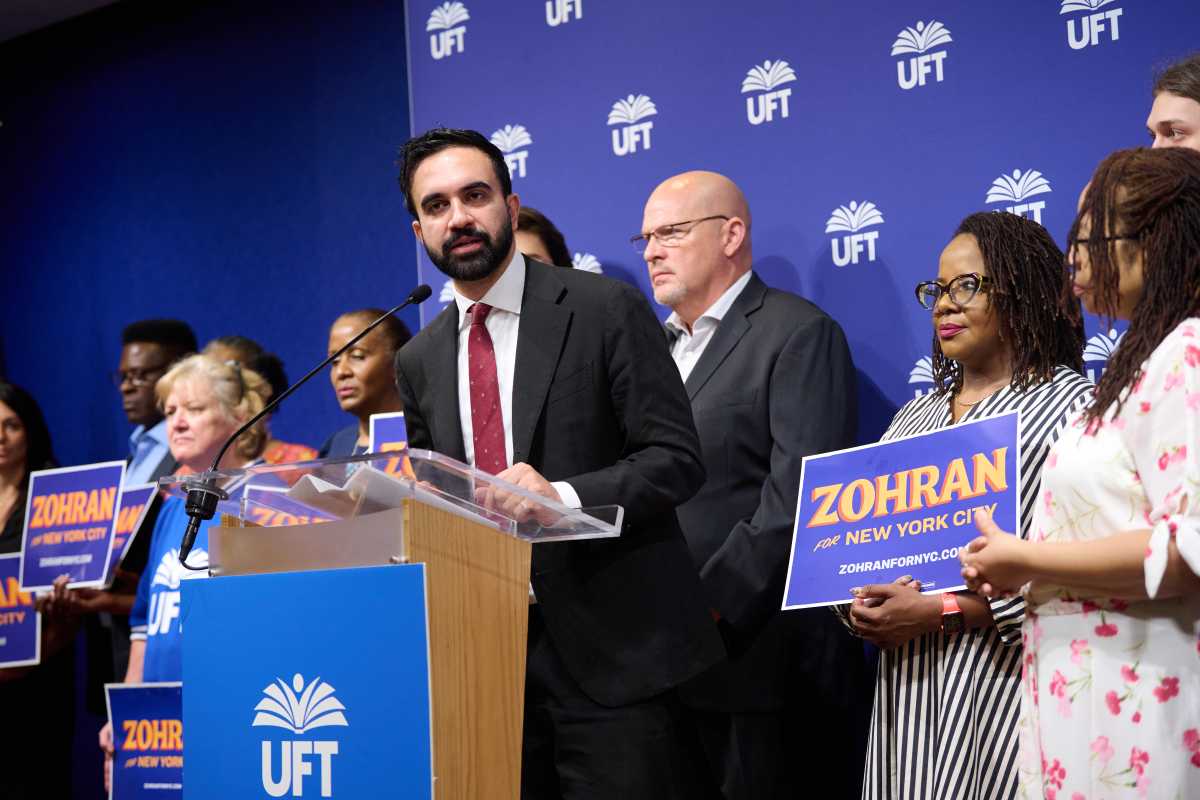In the more than three centuries since
his birth, Johann Sebastian Bach has overcome extremely modest
beginnings to stake a legitimate claim to being the most revered
composer in music history.
His name seems to come up far more often than all others by musicians
and other composers when they are discussing the all-time greats,
and his music constantly shows up on recordings, on classical-radio
stations and in concert halls, whatever the occasion.
Born in 1685 in Eisenach, Germany, into a noted musical family,
Bach (his name means "brook" in German, and indeed,
his life was filled with a continuous outpouring of music) was
a church organist in several parishes and, later, the cantor
of St. Thomas Church in Leipzig, where he died of a heart attack
in 1750.
In between, Bach wrote hundreds and hundreds of works in many
genres, from solo cello suites to masses that are still listened
to today and thought of as the highest form of musically expressive
spirituality in all of Western civilization.
So why does Bach have this stranglehold over music lovers of
all kinds? It’s especially ironic that his music went into hibernation
almost immediately after his death and that the works of his
less-talented sons were once held in higher esteem. In addition,
Bach was discussed as, in his own time, the greatest organist
who ever lived, but little was noted about his music.
Pianist Steven Beck, who plays Bach at Bargemusic on Christmas
Eve and New Year’s Eve, ventures an answer.
"There is a real timelessness about this music, and when
Bach was composing, he was somewhat outside of his era,"
says the 25-year-old Virginia native in an exclusive interview
with GO Brooklyn. "When we think of the baroque era in music
we think of opera [usually Georg Friedrich Handel and Claudio
Monteverdi], which Bach didn’t cultivate at all. He seems to
stand outside the music of his time."
The timelessness that Beck is speaking of also serves as a partial
explanation as to why Bach’s music has often been associated
with the holiday season – with another irony that, even though
Bach wrote hundreds of cantatas, oratorios and masses, and a
lot of this music gets heard during Christmastime, it’s the secular
compositions that usually receive the most play.
At Bargemusic, for example, Beck will play Bach’s solo keyboard
work, the Goldberg Variations, on Christmas Eve, following that
a week later by performing three of Bach’s Brandenburg Concertos
and two other Bach concertos with several other musicians.
"A lot of his music is religious without being religious,"
Beck explains. "He has some overtly religious music, and
then there’s music like the Goldberg Variations, which if not
religious is certainly spiritual, and just the kind of the thing
you’d want to hear on Christmas Eve in a concert hall. It provides
you with a spiritual experience."
As for the New Year’s Eve program, Beck notes: "The Brandenburgs
are lighter and more festive, and it sounds like caroling music
with the trumpets playing. It’s a real holiday kind of sound."
As a pianist, Beck has an opinion on not playing these works
on the harpsichord, which is probably the instrument for which
they were written.
"That’s a subject of some contention," Beck admits.
"We know he played the organ, harpsichord and clavichord.
There’s some question about the piano, although we know he played
the piano at the end of his life.
"The piano is what I play, and it’s certainly true that
he may not have meant this music for the piano, but it’s also
true that he may not have wanted it played in bigger halls and
on modern instruments and published the way it is. There are
a lot of ’what ifs’ involved with Bach and his music."
There are no ’what ifs’ about playing at Bargemusic, where Beck
– who lives in Harlem – is a regular onstage presence.
"I started [playing there] a year and a half ago. I’ve played
quite a few times, and I have several more concerts coming up
this season," the pianist says.
"I did the Goldberg Variations last year on Christmas Eve,
and it was a truly wonderful experience. It was completely sold
out, which is nice to see," he continues. "For me,
Brooklyn is great, and playing the barge is great – I love the
informality but intense concentration of it. But the best reason
is that, when you play there, it’s always only about the music,
which I appreciate very much."
Pianist Steven Beck plays Bach’s Goldberg
Variations on Dec. 24 at 7:30 pm and is joined by an ensemble
on Dec. 31 at 7:30 pm for Bach’s "Brandenburg" Concertos
2, 4 and 5, Double Concerto for Violin and Oboe; and Triple Concerto
for Flute, Violin, Keyboards and Orchestra at Bargemusic (Fulton
Ferry Landing at the end of Old Fulton Street on the East River).
Tickets are $60 for Christmas Eve and $125 for New Year’s Eve;
for more information, visit www.bargemusic.org
or call (718) 624-2083.


